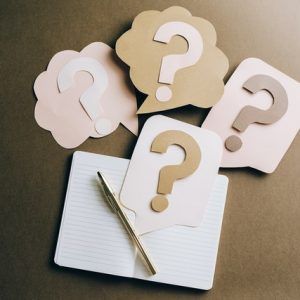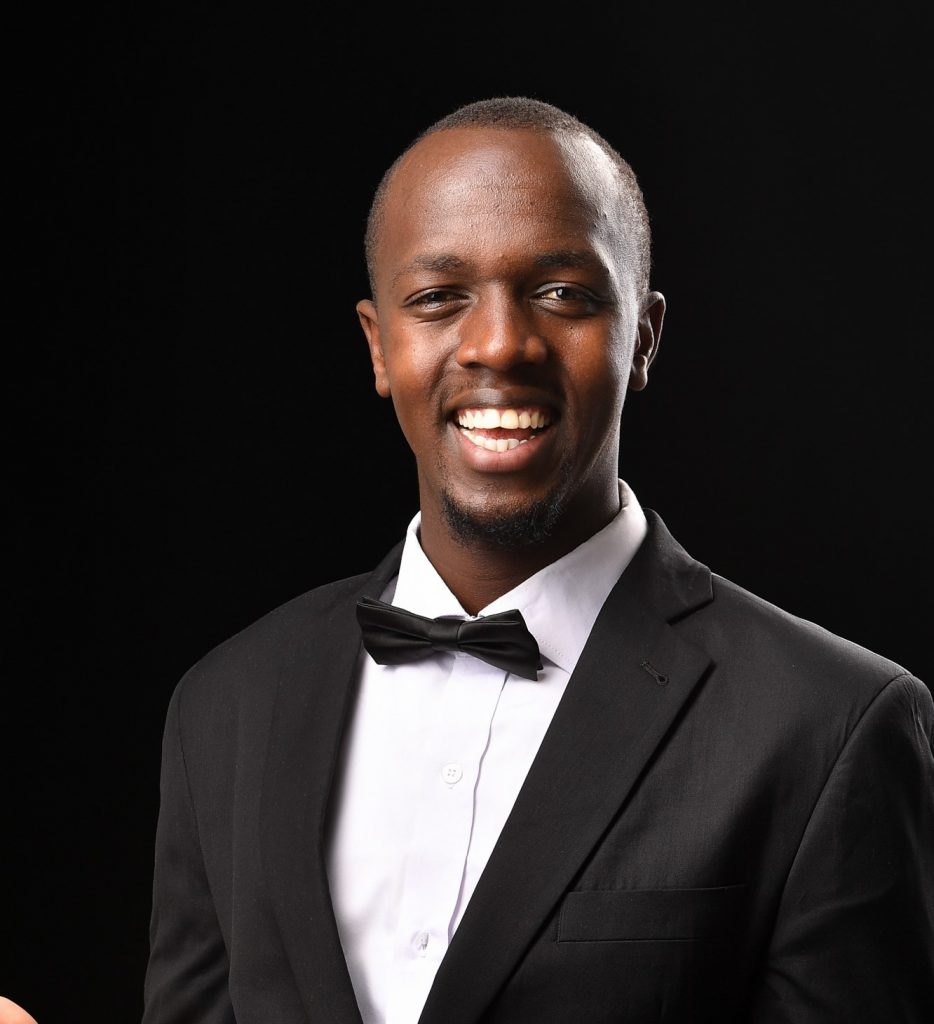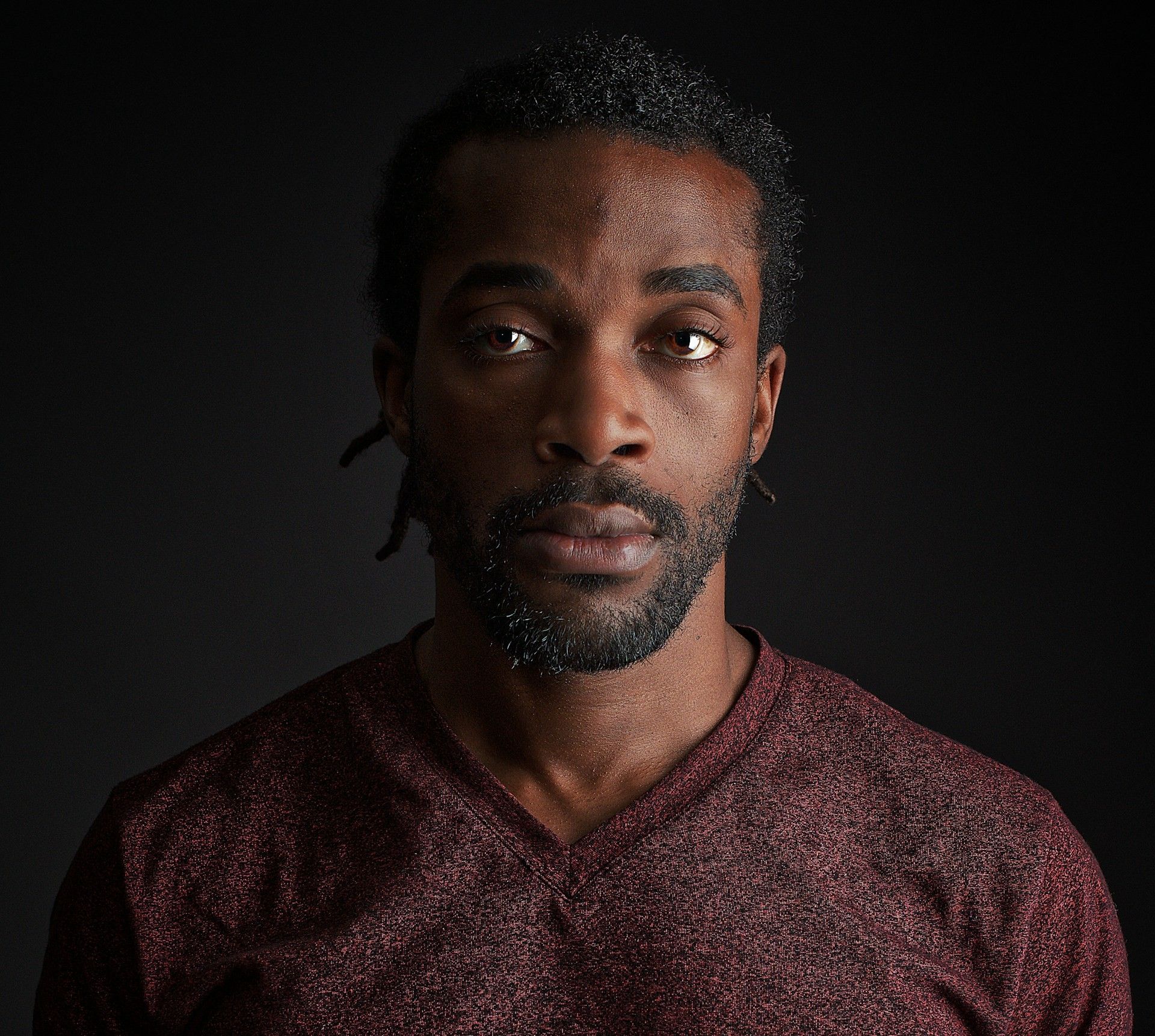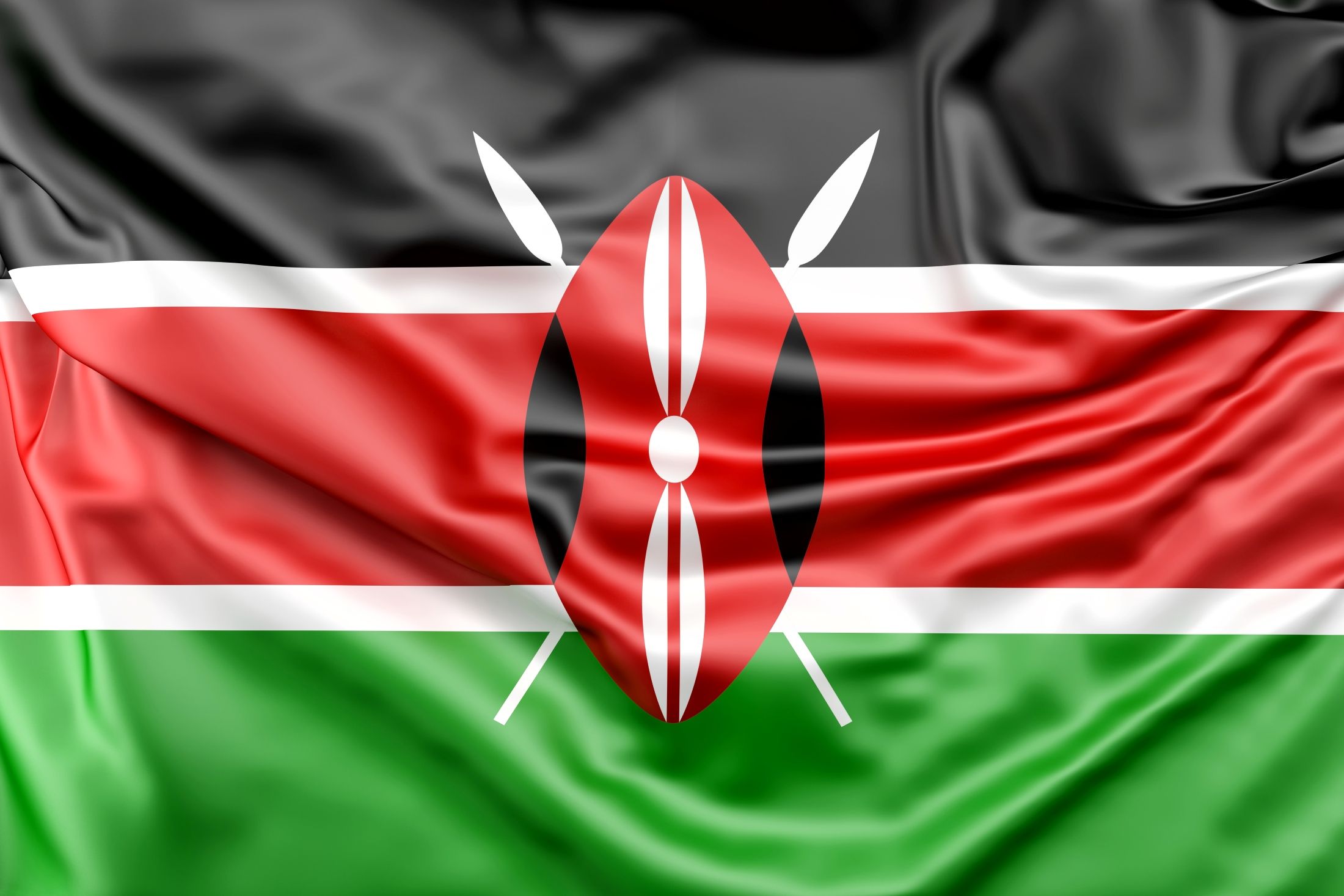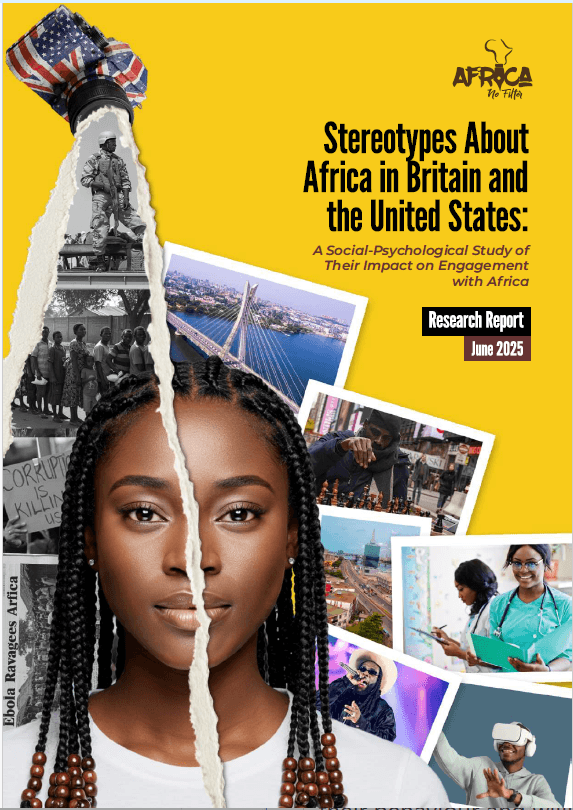Who am I?
Who am I? I am a son. I am a brother. I am a friend. I am a writer. I am a speaker. I am Stephen Kimani.
This list of I am can go on and on.
Let's get critical. Am I my body, or am I my spirit (soul)? Or am I what I do? Am I my past, present, or my future? What I am trying to figure out is: What is my identity?
Through evolution, we have developed a very complex computational system, our brain. We can take in tons of information through our senses, process it, and act upon it. We do this so fast it seems automatic. Our lives seem to flow seamlessly. To perform effectively, we have learned to automate most of these activities by labeling and creating patterns.
To understand identity, we have to understand how we label things.
The foundation of identity
We label things so that we can easily identify them. We label through features and qualities. If things carry the same features, we put them in the same group of a label. For instance, when you read the word 'vehicle,' you know what I mean. A vehicle is a thing that is used for transporting people or goods on land. The particulars may vary, but by and large, we agree. We understand each other.
However, identity does not stop at labeling features and qualities only; we also attribute meaning with identity. Something can mean different things depending on the meaning assigned due to circumstances, situations, or narrative. For instance, while cooking, a knife is useful cutlery that helps chop ingredients, but in a conflict where there is a physical threat and you need to defend or attack, the same knife becomes a lethal weapon.
The process of identifying features and qualities, putting them in perspective depending on circumstances, situation, or narrative takes thinking. Thinking might seem a trivial task because you do it automatically, but do not be fooled. It is a very tasking affair. It consumes energy.
Why is identity important?
The law of thermodynamics states that energy can never be created or destroyed; it can only be converted from one form to another. We as a species cannot create energy. We can only convert it to a useful form of energy according to our needs. In nature, the most energy-efficient species stand to survive. So in our evolution, we have learned how to convert, conserve and utilise energy efficiently.
Information processing is heavy lifting. Every bit of information is using up energy. As a matter of fact, despite our brain making up only two percent of our body, it uses twenty percent of our energy while we are just having an easy day. When you engage in complex activities or are stressed, the energy consumption goes up.
Before you identify external things in the environment, you have to identify yourself first to orient yourself appropriately in different environments. In the example of a knife, while cooking, you may identify yourself as the chef, so the way you use the knife is different to as when you identify yourself as a victim of an attack or perpetrator of the same, where you use the knife differently (as a weapon). Hence the way you identify yourself is crucial to how you interact with the world.
In Darwinian speak, only the fittest survive. The way you become the fittest is by identifying yourself correctly, identifying the environment upon which you are operating, and optimising your interaction with that environment in the best way possible. If you misidentify yourself or your environment or fail to orient yourself accordingly, you get wiped out. For a gazelle to survive, it knows that it is prey. It is always on the lookout. If one day it mistakenly misidentifies itself as a predator, it will let its guard down, and at that moment, it will die. We are undergoing a pandemic, identifying yourself as a possible victim is crucial to survival. If you fool yourself into going against the virus, i.e. not take the necessary precautions, you put yourself at great risk. Since the virus has changed the environment in which we operate, and we have identified ourselves as vulnerable, we have oriented ourselves to survive in the environment through our mitigation measures.
What we have discussed so far is operational identity. Often, when the question of identity pops up, it is on the backdrop of the existential dilemma. We, therefore, must marry the two ideas about identity.
Existentialism and identity
For one, you are human. You are male or female, a daughter or a son. You can write all the labels you think fit you. However, even after an exhaustive list of all your labels, the question of identity remains. Because of our consciousness, we grapple with our existentialism. The question of identity then becomes more potent in our lives. While all the labels you belong to are correct, they do not tell us the whole story.
We can classify things and ourselves in our daily lives in diverse ways, but these classifications fall under a two-pronged classification qualification at the highest level of abstraction. Good or evil. Heaven or hell. Win or lose. Live or die. Chaos or order. War or peace. In these bipolar domains, as human beings, we seek the positive side. The side of good, heaven, win, live, order and peace. Hence, the existential question of identity essentially is asking, the way I have aligned my life, am I moving towards the positive side?
The reason we all want to move towards the positive side is that the negative side is destructive. You face death and elimination. You must understand that you are human. As a human being, you are part of a species. The goal of any species in the world is to propagate. It is only through propagation that survival is guaranteed. Because we are conscious beings, we are capable of questioning ourselves. We question our motives and intentions. When these motives are leading us towards the negative, we judge ourselves.
When we judge ourselves, because of our consciousness, through the lens of being a species that's just trying to propagate to survive, and when we find that we are guilty of moving towards destruction, we are driven to eliminate ourselves to save the species. Worse is, when other members of our species see us moving in the destructive direction, they might eliminate us. Therefore, our identity, both how we see ourselves and how others see us, becomes vital, as it might mean life or death.
Our concept of taking ourselves out because we identify as moving towards the destructive might manifest as isolating ourselves from specific individuals, groups, or the entire human race. Nevertheless, it can also manifest itself in suicide. One might be suicidal by judging themselves (because they are conscious) and concluding that they are just using up energy (like discussed earlier) but not adding value. As a result, the best option becomes turning off the energy-consuming being to conserve energy for the other beings.
If we as a species identify one of our members as a net negative to our propagation, we punish them. However, if they are a real threat, we eliminate them. We do this through prison sentences and death sentences or attacks and invasions. Think of Operation Linda Nchi. The Alshabaab were threatening the lives of Kenyans hence threatening the propagation of the human species. We gave the go-ahead that our military should invade Somalia and take the threat out.
So, who am I?
Identity then is a serious existential question. Also, it matters how you identify yourself, how others identify you (including the environment), how you identify the environment. But also identity is about the circumstances, situations, and narratives that allow you to assign meaning to all things identified.
Having understood all this now, what is my identity then? The simple answer, I am just a human being trying my best to move towards my good and that of other human beings. How I do this is by adapting so many other mini identities, e.g. my skin colour, my body size, my career, my academic qualifications, my marital status, my relationships, and so on and so forth. The truth is you can become anything you want but it has to be for the good of all of us because if not, you will eliminate yourself and we will eliminate you.
Also read: Appreciating Our Diverse Contrasts

